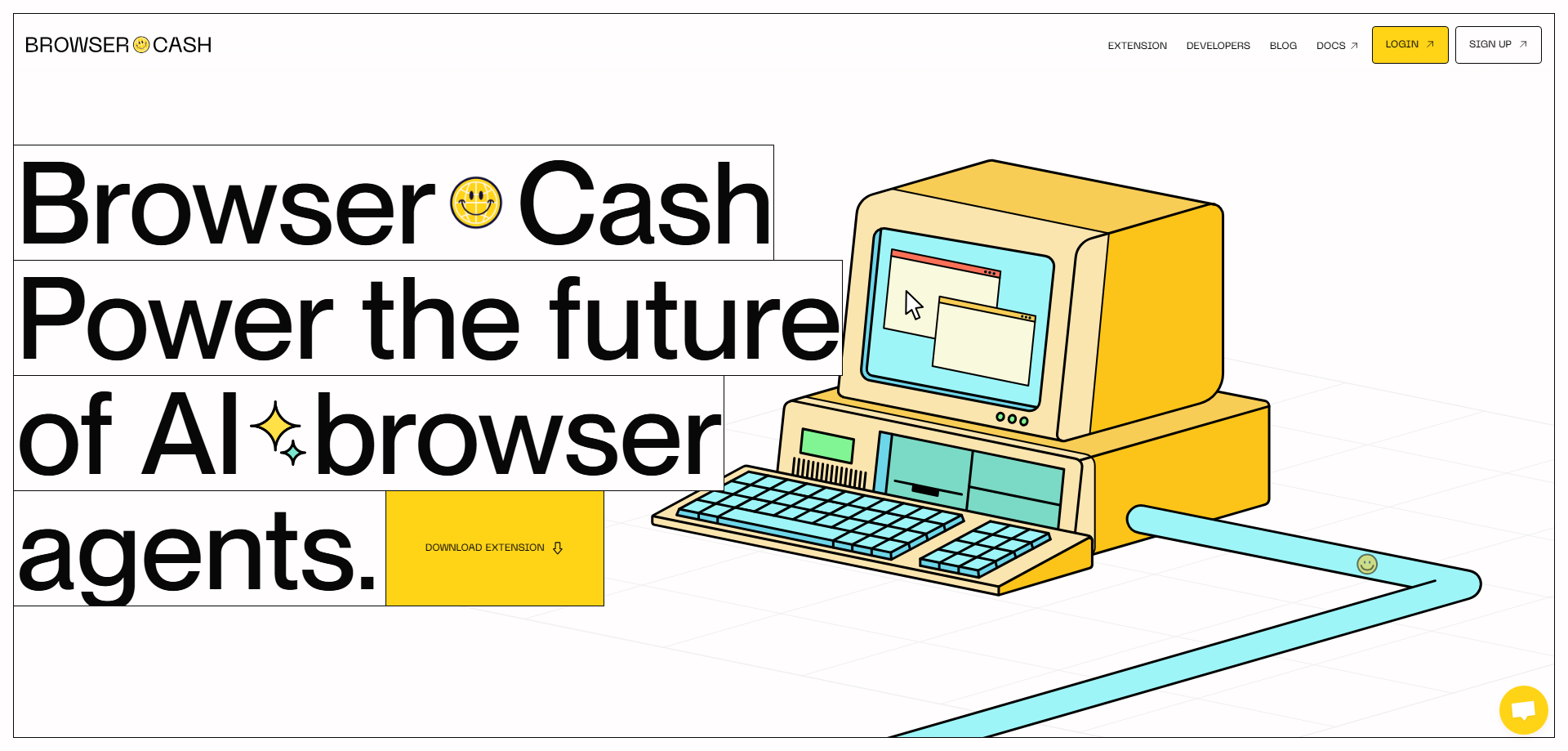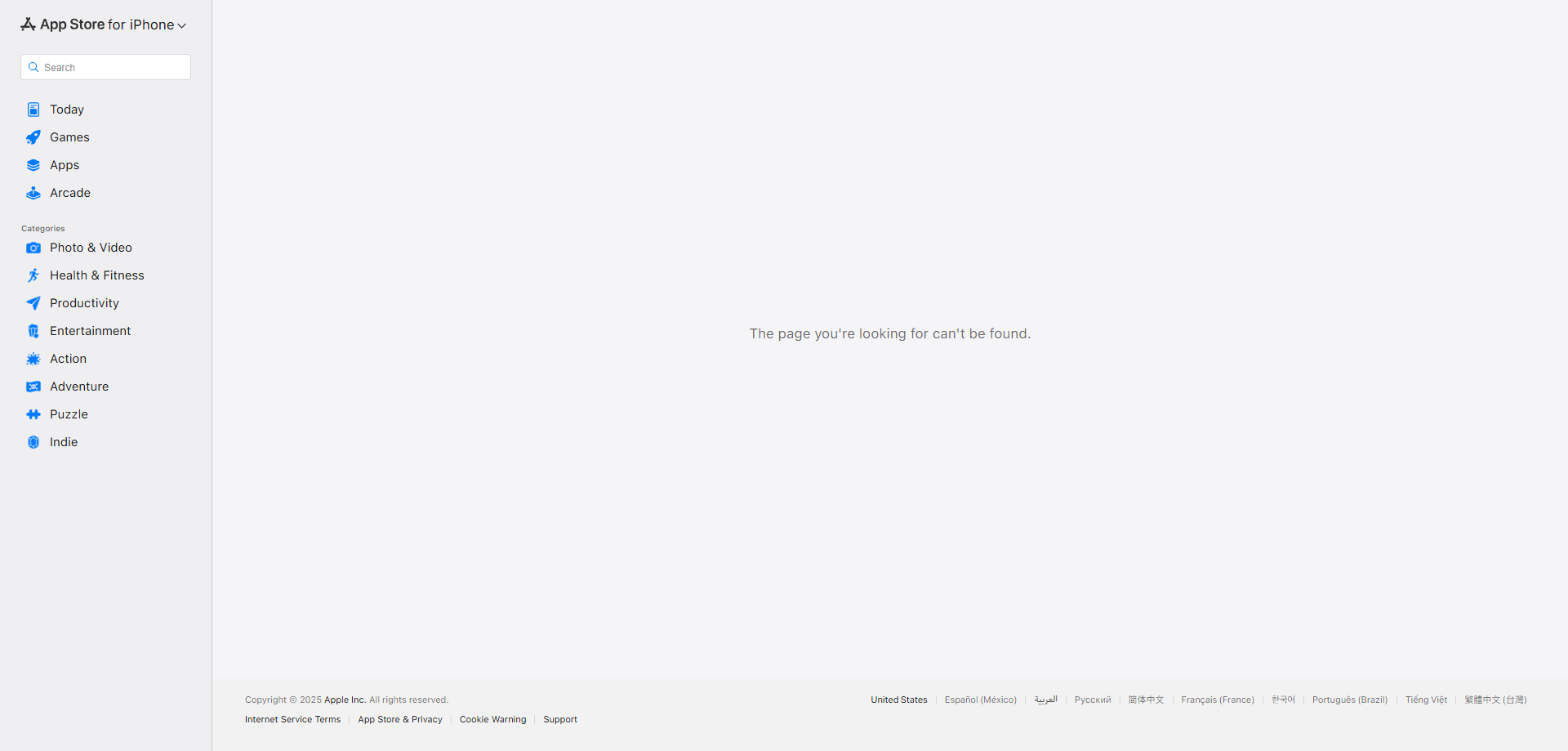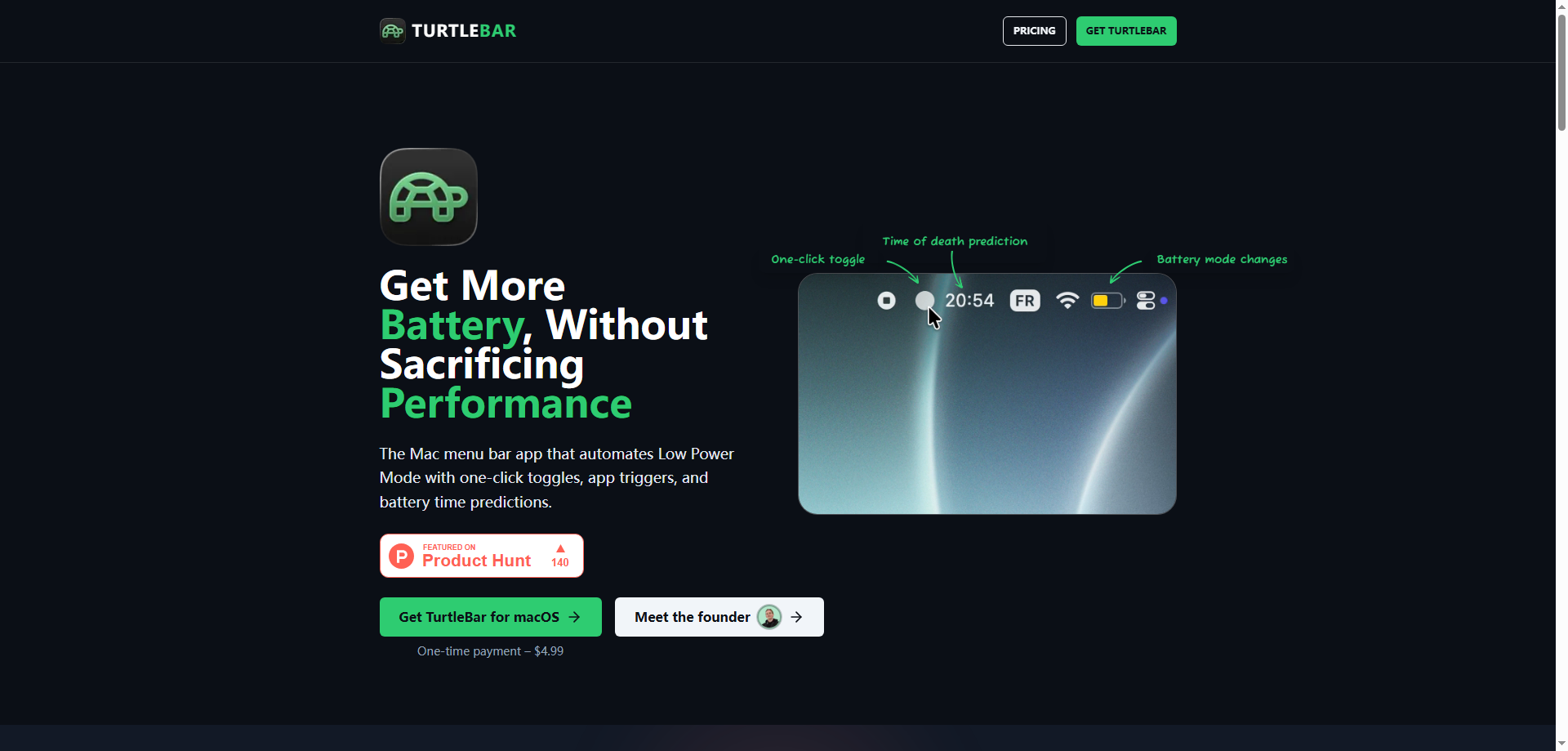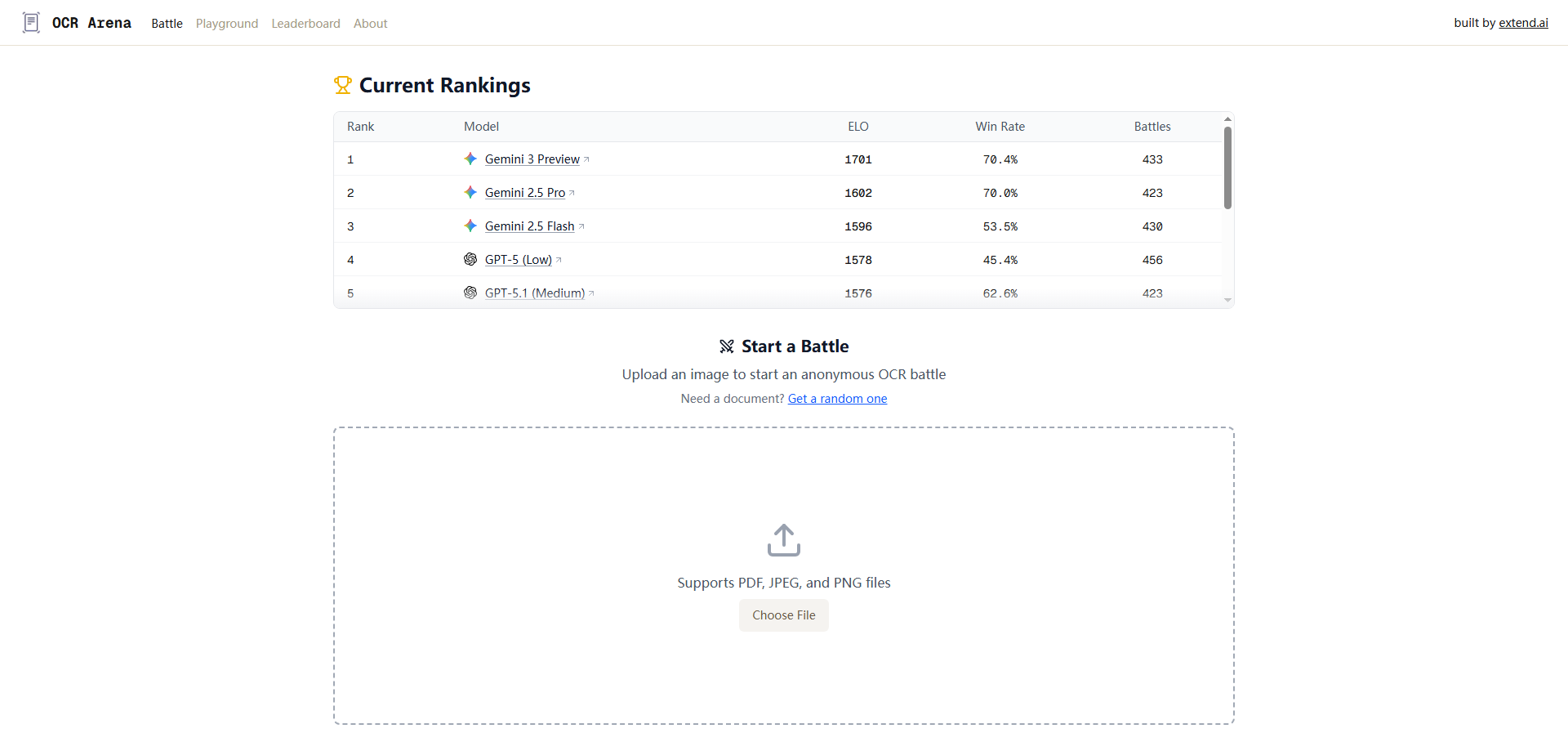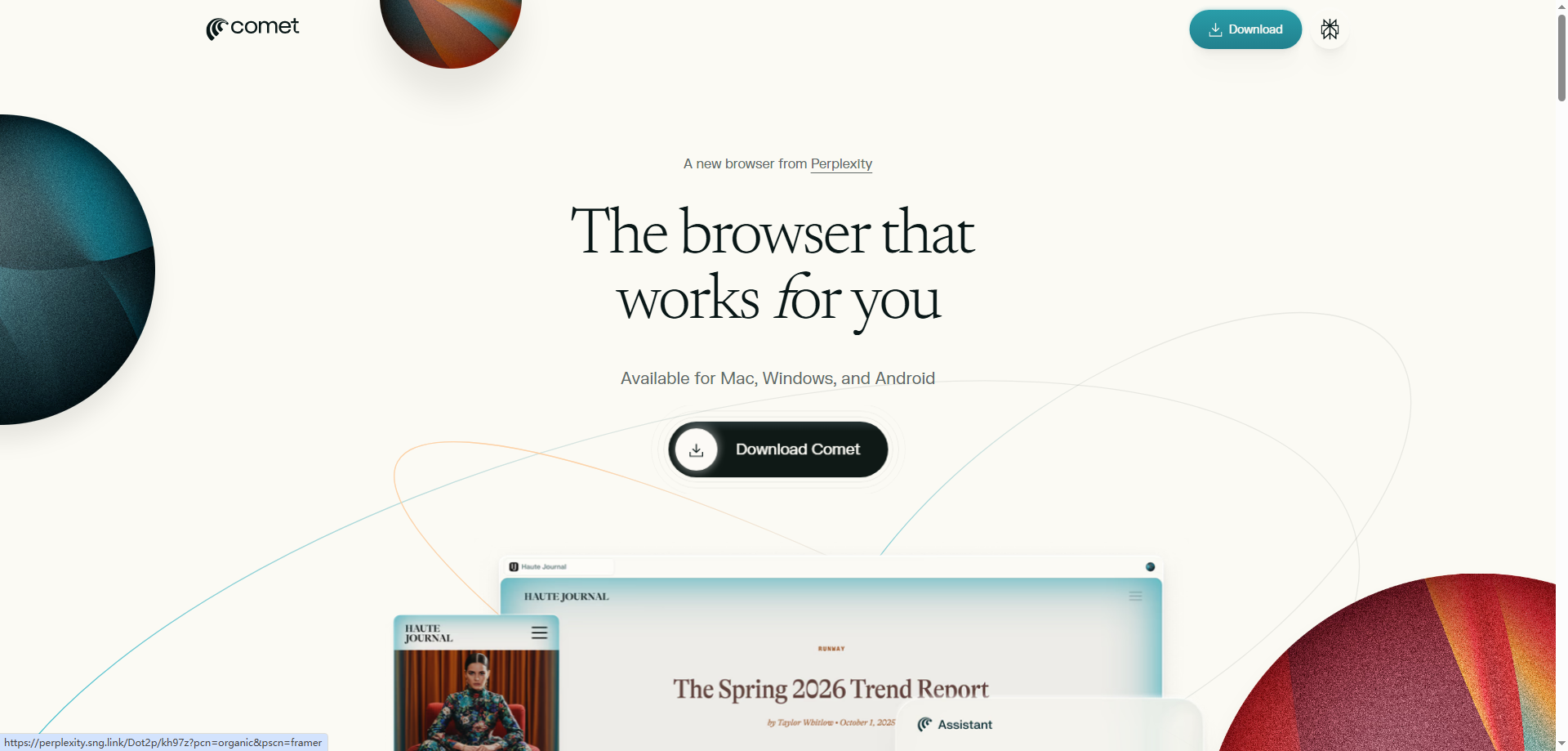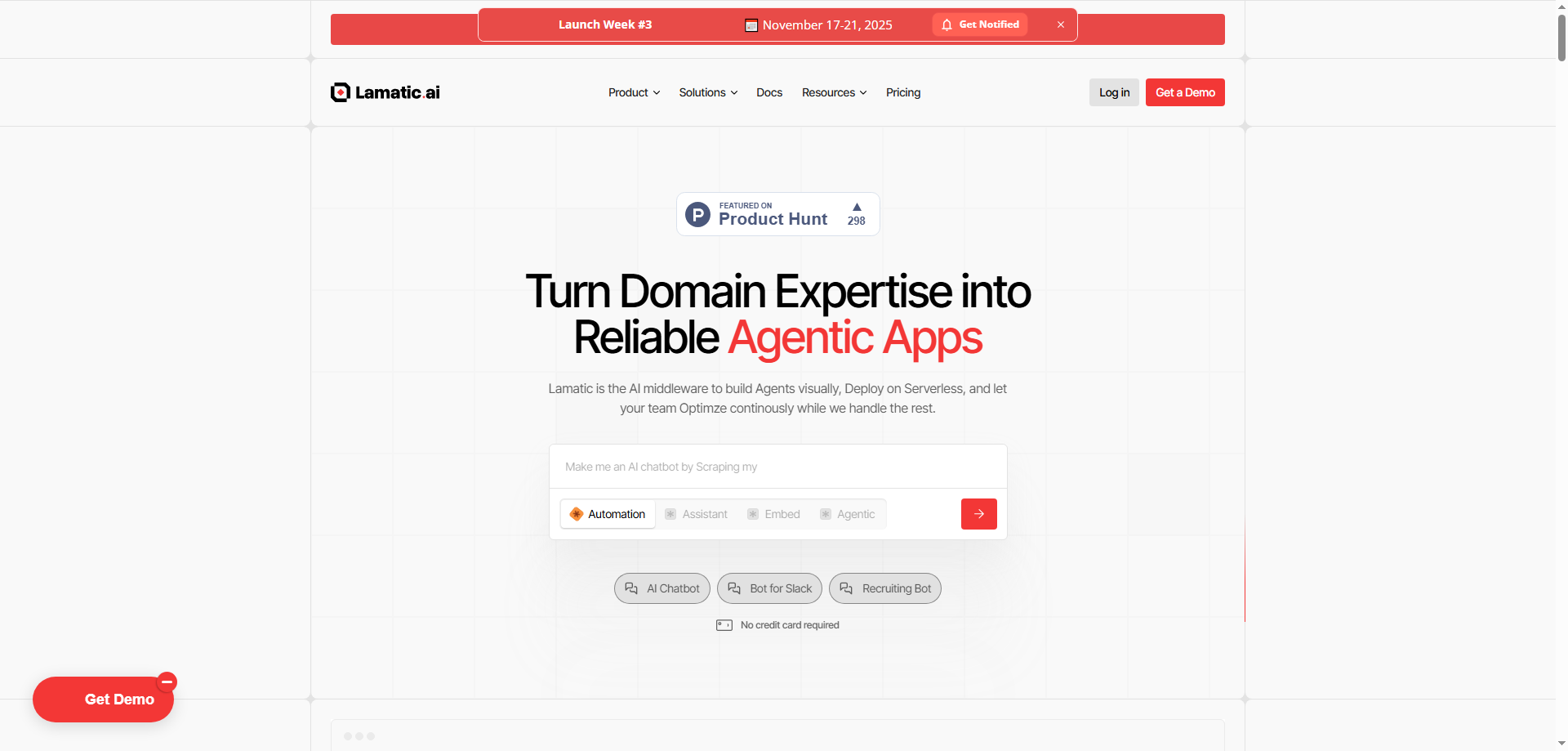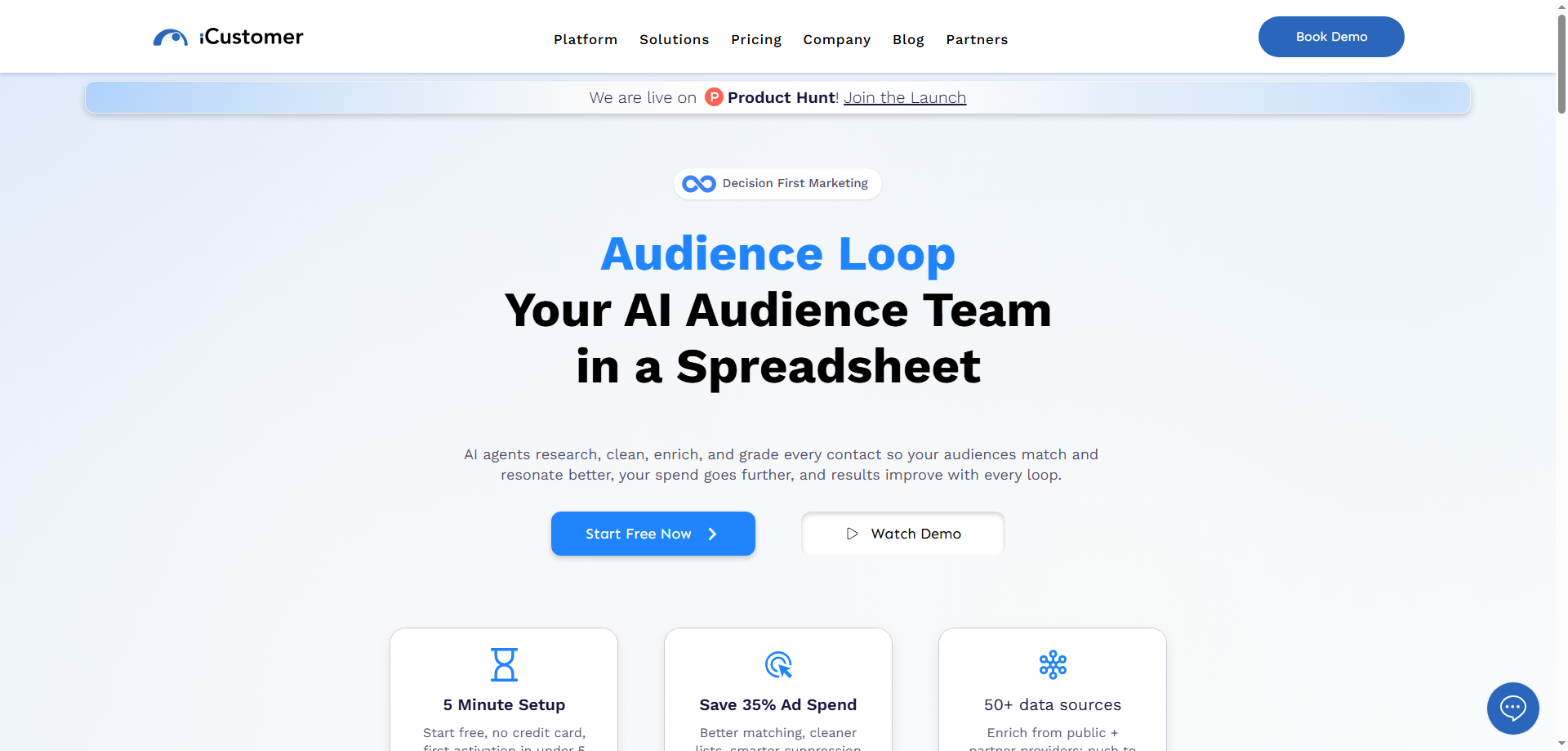The Creative Breakthrough: Real Browsers, Real Results
Let me start by saying Browser Cash tackles one of web automation's most frustrating problems in a genuinely clever way. Anyone who's tried web scraping knows the pain: you build a beautiful script, it works perfectly in testing, then gets blocked by CAPTCHA challenges, fingerprinting detection, or anti-bot measures the moment you deploy it. Browser Cash's creative solution is deceptively simple but brilliantly executed.
The core innovation is using actual real browsers running on actual real devices instead of headless browser simulations. This might sound like a small distinction, but it's everything. When you use traditional automation tools like Selenium or Puppeteer, websites can detect dozens of telltale signs that you're not human. The mouse movements are too perfect, the timing is too consistent, browser fingerprints don't match real users, and headless browsers leave distinctive traces.
Browser Cash flips this script entirely. By launching genuine browsers on physical devices through a single API call, your automation inherits all the characteristics of legitimate browsing. The browser has real fonts, real plugins, real GPU rendering, real device fingerprints – all the messy, inconsistent details that make humans identifiable as humans.
What I find particularly creative is how they've packaged this complexity. Instead of requiring you to maintain device farms, configure browser profiles, or manage anti-detection measures yourself, Browser Cash abstracts it all behind an API. One call spins up a browser environment. Your AI agent or scraping script can then browse, click, log in, and extract data just like a person would. The automation runs as a background task, operating independently without supervision.
The developer experience is where the creativity really shines. The free credit offer with no credit card required lowers the barrier to experimentation dramatically. Developers can test whether Browser Cash solves their specific problems before committing financially. This approach recognizes that browser automation needs vary wildly – what works for one use case might be overkill or insufficient for another.
The AI agent integration angle is forward-thinking. As AI agents become more sophisticated and autonomous, they increasingly need to interact with the web beyond simple API calls. They need to navigate complex sites, handle authentication, deal with dynamic content, and extract information from sources that don't offer APIs. Browser Cash positions itself as the hands and eyes for AI agents operating in the wild web.
I also appreciate the background task model. Traditional automation often requires babysitting – checking if scripts are still running, handling unexpected pop-ups, managing session timeouts. By designing for autonomous operation, Browser Cash acknowledges that valuable automation is automation you can trust to run unattended.
Can It Replace What We're Currently Using? The Disruption Question
Alright, let's talk about whether Browser Cash can actually displace existing solutions. The web automation and scraping landscape has established players and entrenched workflows. Can a new platform genuinely disrupt this space?
For traditional web scraping tools, I think Browser Cash offers compelling advantages that could drive replacement in specific scenarios. If you're currently wrestling with Selenium getting blocked constantly, spending hours tweaking user agents and browser fingerprints, or paying for residential proxy services that still get detected, Browser Cash addresses these pain points directly. The promise of "browse like a human" without manual configuration is powerful.
However, it won't replace everything. Simple scraping tasks that don't face anti-bot measures don't need Browser Cash's sophistication. If you're extracting data from APIs or scraping sites with no protection, lighter-weight tools remain more cost-effective and easier to implement. Browser Cash is overkill when you don't face detection challenges.
The AI agent use case is where I see genuine disruption potential. The growing ecosystem of autonomous AI agents needs web interaction capabilities. Currently, developers are building custom solutions, fighting detection issues, and constantly updating workarounds. Browser Cash could become infrastructure for this emerging category – the standard way AI agents interact with websites that don't offer APIs.
For data intelligence and market research applications, Browser Cash could absolutely replace manual processes and clunky automation chains. If you're currently paying analysts to manually browse competitor sites, track pricing, or collect market data, automating this through Browser Cash makes economic sense. The labor savings alone justify adoption.
The CAPTCHA bypassing capability is significant. Services that solve CAPTCHAs exist, but they're either expensive or unreliable. If Browser Cash's real-browser approach consistently avoids triggering CAPTCHAs in the first place, that's valuable. You're not solving CAPTCHAs; you're not encountering them.
However, I see clear limitations. Browser Cash won't replace high-volume, high-speed scraping that doesn't need to mimic humans. If you're scraping public data at scale where detection isn't an issue, traditional methods are faster and cheaper. It won't replace sophisticated data pipeline tools that handle extraction, transformation, and loading. It won't replace monitoring and alerting systems, though it could feed data into them.
The real question is platform risk. If major websites develop detection methods that identify even real browsers being controlled programmatically, Browser Cash's advantage diminishes. The arms race between automation and anti-automation continues evolving. Browser Cash bets that real-browser automation stays ahead, which is plausible but not guaranteed.
I'd estimate Browser Cash can replace 40-60% of current web scraping workflows that face detection challenges, but it's complementary rather than competitive for many other automation tasks. For AI agent developers specifically, adoption could be near-universal if the service proves reliable.
User Acceptance: Will the Market Embrace This?
Now let's get real about whether people will actually use Browser Cash. I see a divided landscape with enthusiastic early adopters and significant barriers to broader acceptance.
The Eager Users:
Developers building AI agents will jump on this. The AI agent space is exploding, and web interaction is a massive bottleneck. Current solutions are hacky and fragile. Browser Cash offers a cleaner path. If you're building an AI research assistant, shopping bot, or automation agent, browser automation is essential. These developers will absolutely test Browser Cash and likely adopt it if performance matches promises.
Data scientists and analysts fighting with scraping challenges represent another enthusiastic segment. I've watched data professionals spend weeks building scrapers only to have them blocked within days. The frustration is real and expensive. Browser Cash's pitch directly addresses their pain. The free trial makes testing risk-free, which drives experimentation.
Market intelligence companies and competitive analysis firms face constant battles with anti-scraping measures. Their business models depend on reliable data collection. They're willing to pay for solutions that work consistently. Browser Cash could see strong adoption here if reliability holds.
The Hesitant Middle:
Larger organizations with compliance and legal concerns will move slowly. Web scraping occupies legal gray areas in many jurisdictions. Companies worry about violating terms of service, running afoul of regulations, or facing legal action. Browser Cash doesn't solve these concerns – it might even amplify them by making scraping more effective. Enterprise adoption requires careful legal review.
The technical learning curve matters too. While an API sounds simple, integrating browser automation into existing workflows requires understanding async operations, handling browser states, managing sessions, and dealing with failures. Not every developer wants to tackle this complexity.
Cost sensitivity could limit adoption. The pricing isn't detailed in what I've seen, but browser automation as a service isn't free at scale. Organizations currently using open-source tools might resist paying for what they perceive as capabilities they can build themselves, even if Browser Cash is superior.
The Ethical Dimension:
Here's the uncomfortable truth: user acceptance will be impacted by how Browser Cash handles ethical concerns. Automated browsing and scraping can be used for legitimate research and business intelligence, but also for scraping personal data, evading paywalls, or harvesting content without permission. How Browser Cash positions itself ethically – what they prohibit, how they enforce acceptable use policies – will influence mainstream acceptance.
Developers who care about respecting robots.txt, terms of service, and website owners' wishes might hesitate. Others won't care. The community that forms around Browser Cash will reflect these values.
My Assessment:
I predict strong adoption among specific user segments – AI agent developers, data intelligence professionals, and companies fighting scraping detection – within the first six months. Broader acceptance depends on demonstrating consistent reliability, maintaining pricing that beats alternative solutions, and avoiding high-profile controversies around misuse.
The free trial strategy is smart for driving initial adoption. Getting developers to experience success with Browser Cash creates stickiness. If their automation works reliably for the first time, they'll convert to paying customers.
User acceptance will plateau at a certain level unless Browser Cash can address the ethical and legal concerns proactively. This might mean partnerships with data providers, clear use case guidelines, or tools that help users stay compliant while automating.
Survival Rating: 3 out of 5 Stars
Looking at Browser Cash's prospects over the next year, I'm giving it 3 stars. This reflects significant opportunities balanced against serious risks that could derail the platform.
Opportunities That Could Drive Success:
The AI agent boom is Browser Cash's biggest opportunity. We're at the beginning of an AI agent revolution. Every company exploring autonomous agents will hit the web interaction wall. Browser Cash is positioned at exactly the right time to become infrastructure for this wave. If they capture even a fraction of this market, they'll thrive.
The anti-detection value proposition is strong and growing stronger. Websites are getting more sophisticated about blocking bots, which makes Browser Cash's real-browser approach increasingly valuable. As detection improves, simpler solutions fail, driving customers toward Browser Cash.
Developer-friendly positioning with free trials creates viral growth potential. Developers who succeed with Browser Cash will share their experiences, write tutorials, and recommend it to peers. Community-driven growth costs less than traditional marketing and builds loyal users.
The API-first design is future-proof. As automation needs evolve, an API approach adapts easily. New features, integrations, and capabilities can be added without forcing users to rebuild their implementations.
Risks That Could Sink The Platform:
Legal exposure is the elephant in the room. Web scraping exists in murky legal territory. Terms of service violations, copyright concerns, and data protection regulations create constant legal risk. One major lawsuit against Browser Cash or a high-profile customer could devastate the business. The recent legal battles around web scraping and AI training data make this especially relevant.
Platform countermeasures represent an ongoing threat. If major websites develop detection methods that identify Browser Cash automation specifically, the entire value proposition collapses. The arms race between automation and anti-automation favors defenders with unlimited resources and the home field advantage.
Competition from well-funded players is inevitable. If Browser Cash proves the market exists, larger companies with more resources will enter. Browser automation isn't defensible through patents or network effects. Competitors can replicate the core technology and undercut on price or outspend on features.
Ethical controversies could damage the brand. If Browser Cash becomes associated with aggressive scraping, data theft, or privacy violations – even if they're not directly responsible – it impacts adoption. Mainstream businesses avoid tools with problematic reputations.
Scaling challenges could emerge. Running real browsers on real devices at scale is infrastructure-intensive. Managing costs while maintaining performance and reliability gets complex quickly. Early success could strain systems before revenue supports necessary infrastructure investment.
Why Not Higher Than 3 Stars:
I'm not more optimistic because Browser Cash operates in an inherently unstable environment. The fundamental business model depends on websites not being able to detect their automation, but websites are highly motivated to block automation. This creates existential fragility.
The legal uncertainty is substantial. Regulations could change, court precedents could shift, or enforcement could intensify in ways that make Browser Cash's service legally problematic to offer or use.
The ethical positioning remains unclear. If Browser Cash attracts primarily users with questionable use cases, it becomes a target for regulatory action and public criticism. If they enforce strict acceptable use policies, they limit their market.
My One-Year Prediction:
Browser Cash will likely survive the next twelve months and may even grow substantially. The AI agent opportunity alone provides enough runway for near-term success. However, they'll face increasing pressure from competition, legal concerns, and platform countermeasures.
Success requires: maintaining technological advantage in evading detection, building a sustainable ethical framework that enables legitimate use cases while preventing abuse, securing enough funding or reaching profitability before running out of runway, cultivating strong developer community advocacy, and potentially pivoting toward more clearly legal and ethical use cases if pressure mounts.
The platform could go several directions: becoming essential infrastructure for AI agents and thriving, getting acquired by a larger automation platform, shifting focus to compliance-friendly use cases, or gradually losing ground to competition and countermeasures.
Browser Cash has genuine merit and addresses real problems, but it's swimming in challenging waters. The next year will reveal whether they can navigate the legal, technical, and competitive currents successfully.
